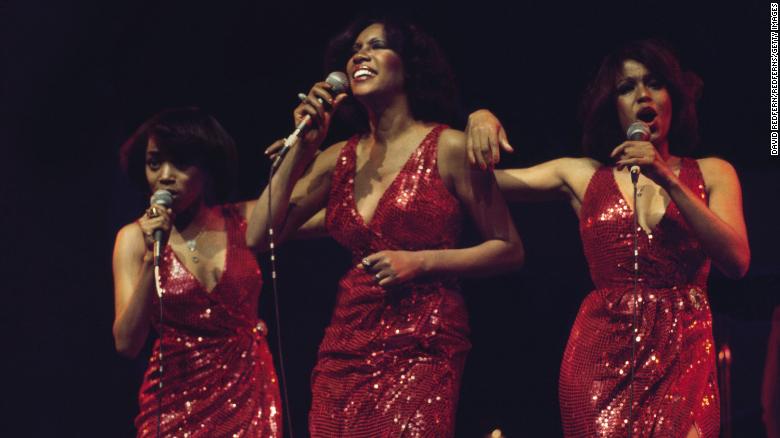Mary Wilson, the founding member of “The Supremes” has died at the age of 76, her correspondent told CNN.
Wilson “passed away suddenly this evening,” according to a statement from her old friend and publicist, Jay Schwartz.
‘A Trendsetter’
The singer was at her home in Henderson, Nevada. She is survived by her daughter, son, several grandchildren, a sister and a brother.

Services will be private due to the Covid-19 restrictions and Wilson’s life celebration will take place later this year, her spokesman said.
Wilson was a “trendsetter who broke down social, racial, and gender barriers,” Schwartz said in his statement.
Success Of The Supremes
She began her career in Detroit in 1959 as an artist in what became known as “The Primettes.” They went on to become “The Supremes,” the most successful Motown band in the 1960s, with 12 top songs (singles) including “Where Did Our Love Go,” “Baby Love,” and “Stop! In the Name of Love.”

“Their influence not only carries on in contemporary R&B, soul and pop, they also helped pave the way for mainstream success by Black artists across all genres,” the statement said.
In 2018, Billboard celebrated Motown’s 60th anniversary with a list of “The Hot 100’s Top Artists of All Time,” and ranked The Supremes at number 16, according to a statement.
Versatile
Wilson’s legacy goes beyond singing, Schwartz said. She became a best-selling author, inspirational speaker, businesswoman and American Ambassador to Culture, she said.
“Wilson used her fame and flair to promote a diversity of humanitarian efforts including ending hunger, raising HIV/AIDS awareness and encouraging world peace,” the publicist said.
Wilson also contributed to the introduction of the Music Modernization Act (MMA) in 2018, which aimed to modernize the news of copyright for new music and audio recordings in the face of new technologies such as digital broadcasting that do not protect pre-recorded music before or as on February 15, 1972, the statement said.






Leave a Reply
You must be logged in to post a comment.